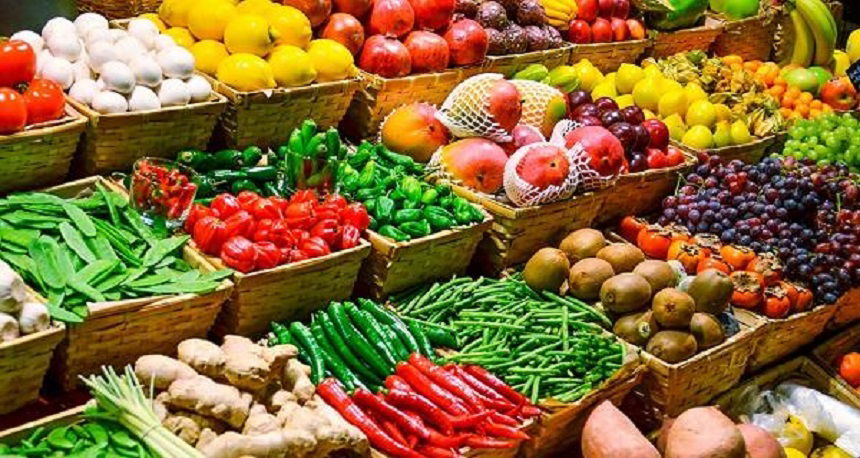
Amidst the lush landscapes of Burundi, home to 12 million souls, agriculture reigns supreme, with tea and coffee playing pivotal roles in the nation's economic tapestry.
The echoes of a 2015 political upheaval lingered, leaving the economy in the throes of a hard currency drought. Fast forward to 2022, where the ripples of the Russian-Ukrainian conflict sent shockwaves through Burundi, triggering inflation and sending food and fuel prices soaring.
A glimmer of hope emerged as the European Union extended a helping hand, reigniting financial support, and the United States followed suit with a commitment to aid. As the tides shifted, by the close of 2023, Burundi's foreign exchange reserves reached $96.4 million, equivalent to a modest 0.8 months of import cover.
In this economic ebb and flow, the International Monetary Fund points to a silver lining—remittances and gold exports provided a welcomed respite, injecting relief into the nation's fiscal veins.